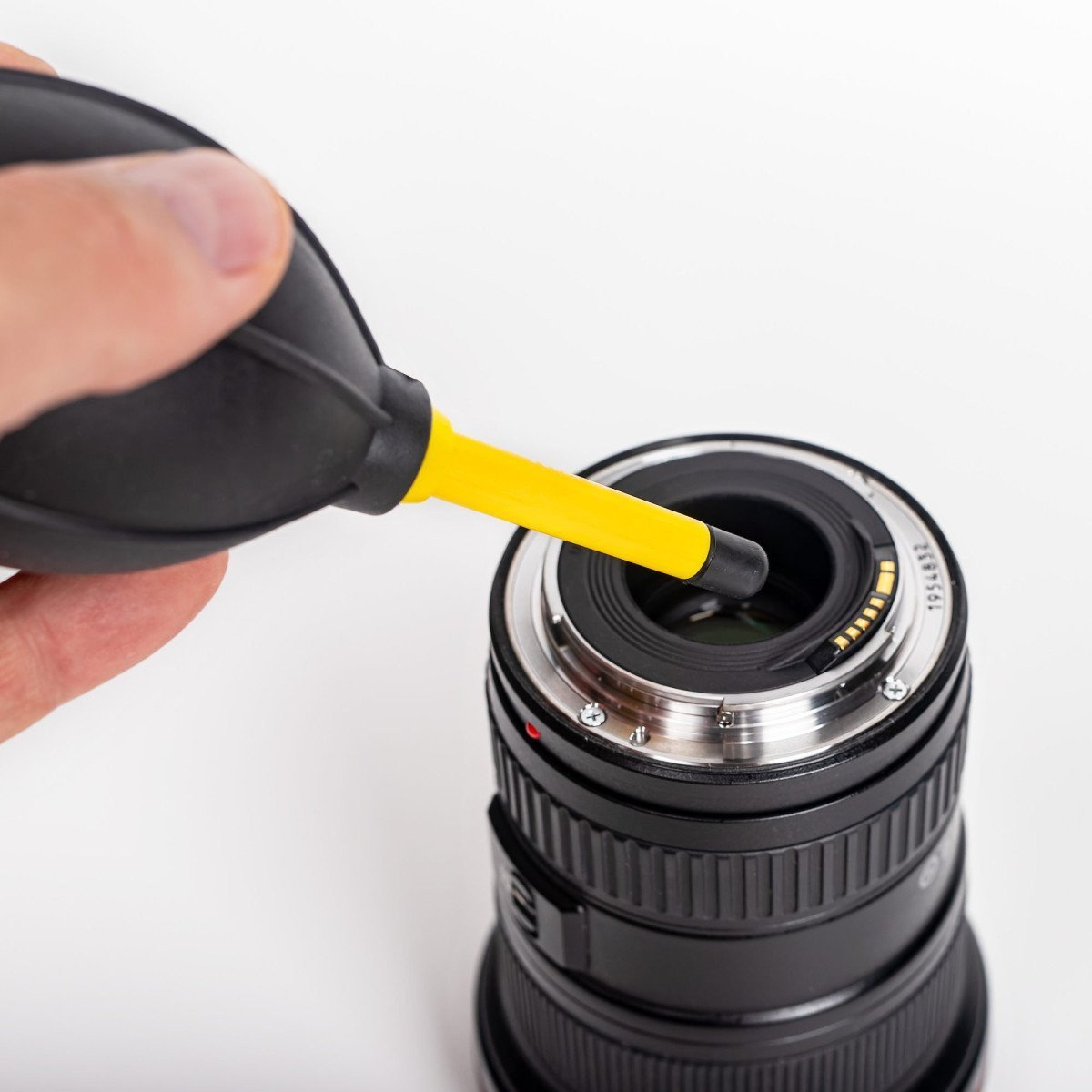The other day I was rummaging through my attic, coming across a relic from my high school days – a DSLR camera. It got me thinking, is the chunky DSLR still holding ground in the world where sleek mirrorless cameras are rapidly gaining popularity? Surprisingly, despite the switch to mirrorless that the photography world is witnessing, DSLRs still sell. In fact, top-notch brands like Canon and Nikon still produce new models.
So, what’s the story here? Are DSLRs still worth it? Well, to navigate through these curiosities, let’s refresh our understanding of DSLRs and mirrorless cameras. You may think of them like an analog phone and a smartphone, where the DSLR is the reliable, older technology, and mirrorless is the new kid on the block.
DSLR Cameras: The ‘Old Reliable’
The acronym ‘DSLR’ stands for Digital Single Lens Reflex. As the name suggests, these cameras rely on a mirror and prism system that directs light from the lens to the viewfinder. “You can see exactly what you’re shooting in real-time,” I recall my mentor uttering these words while introducing me to my first DSLR. There was something incredibly captivating about the ‘raw’ nature of seeing your picture, unaided by digital screens.
In their prime, DSLRs were unmatched in performance, offering lightning-fast autofocus and high-quality images—thanks in part to their larger sensors. But like all things tech, disruption was right on the horizon, and it came in the form of ‘mirrorless’ technology.
Yet before we dive into the age of mirrorless, it’s worth noting that DSLRs are far from obsolete. Their ability to offer top-notch image quality, an extensive range of lenses, and enduring battery life still attract many, from enthusiastic novices to seasoned professionals. To draw a parallel, consider landscape photography. You often find yourself in challenging conditions; in such scenarios, the DSLR’s reliability and durability come to your aid. To delve more into the nuances of landscape photography, check out this insightful guide.
Mirrorless Cameras: The ‘Bold Innovator’
The term ‘mirrorless,’ implying the absence of an optic viewfinder, is quite self-explanatory. These cameras use a digital display system and are nothing short of revolutionary. They have managed to pack all the power of a DSLR into a compact and lightweight body–a dream come true for photographers on the go. “It’s like carrying a small, compact book instead of a hefty encyclopedia,” my traveling photographer friend exclaimed when he made the switch.
Mirrorless cameras’ top selling points include a quieter shutter operation, high-speed burst shooting, impressive video capabilities, and more accurate auto-focus. This makes them a compelling choice for anyone from street photographers who value discretion to wildlife photographers chasing the perfect shot in a forest.
However, this isn’t to say mirrorless cameras are free from challenges. Concerns regarding battery life, lens availability, and handling due to their smaller bodies are still prevalent. Yet, these are hurdles that are shrinking as technology advances, much like the growing pains of any disruptive innovation. The market response to mirrorless cameras shows a clear acceptance of their value and potential, even as they continue to evolve.
So, Is DSLR Still Worth It?
In a scenario where mirrorless cameras appear to be catching up, if not surpassing DSLRs in some aspects, is investing in a DSLR still a viable choice? The answer, as it often is with technology, depends on your needs and preferences.
If you value compactness, despise noise, and are up for embracing the modern evolution of clicking pictures, mirrorless cameras are a solid choice. Moreover, for videography, mirrorless cameras generally pack a bigger punch with superior resolution, autofocus during filming, and other features like in-body stabilization.
However, if you are one to appreciate the feel of a classic, more significant body camera and enjoy the optical viewfinder’s raw experience, DSLRs still have their charm. Additionally, DSLRs, with their expansive lens ecosystems and superior battery life, still hold power in their corner.
In conclusion, perhaps the DSLR vs. mirrorless debate is less of a battle and more of a balancing act between preference and technological advancement. It’s the echo of the eternal argument: new vs. old, tradition vs. innovation. So, would you cling to the old reliable, or are you ready to embrace the innovative?


0 Comment